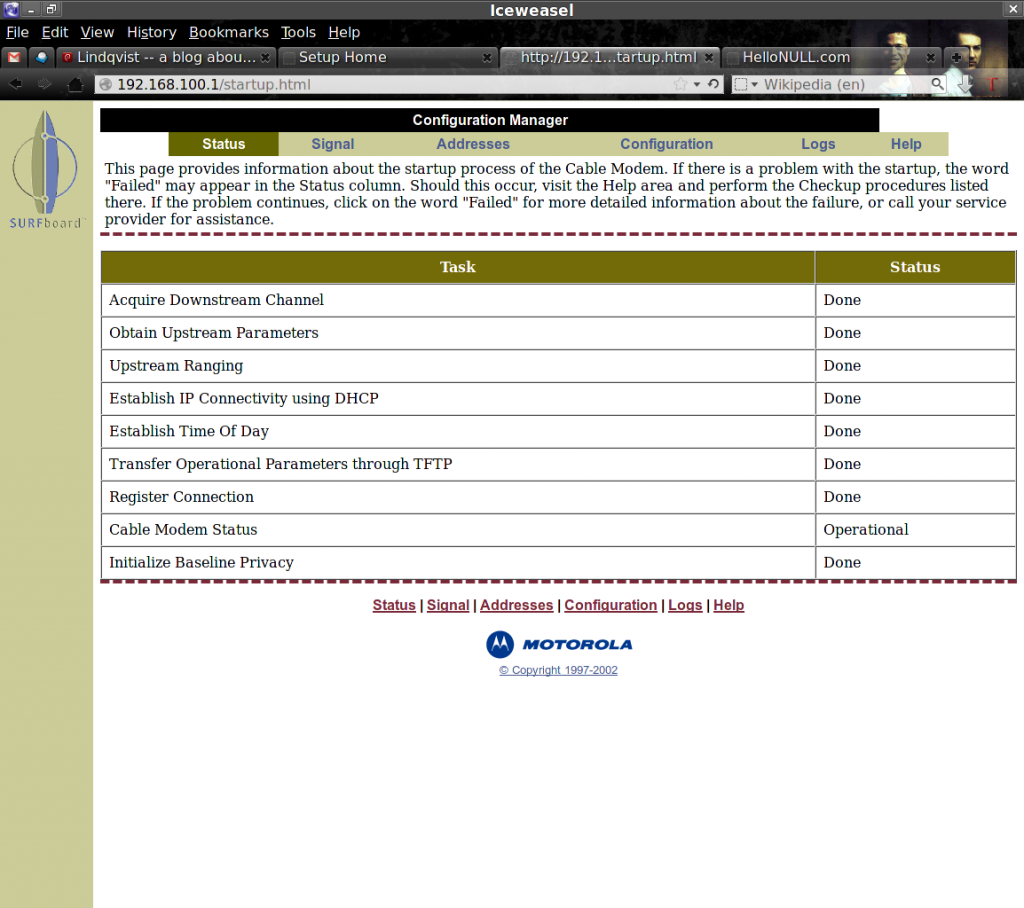The apt program for Debian uses public and private keys to validate packages downloaded from the repositories. You can learn all about it at https://wiki.debian.org/SecureApt. Public keys are stored in /etc/apt/trusted.gpg. If keys are missing, outdated, corrupted, etc. apt will complain when trying to install packages with an error like “The following signatures couldn’t be verified because the public key is not available”. You can choose to ignore the error. If so, when it reoccurs in the future you will see warnings like “WARNING: The following packages cannot be authenticated!”.
The solution to this problem is to update your public keys for the Debian repositories. These keys are installed via the package debian-archive-keyring. A simple “apt-get install debian-archive-keyring” is probably enough to update the keys are remove the errors/warnings during package installs.

